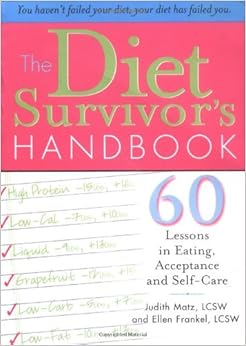I recommend this book with reservations (see below under "bad language").
One of my book clubs chose this book to read. I assumed it was another dogs-are-great, feel-good book. And it was, but it also was different from what I expected.
In this book our narrator is Enzo, dog of racecar driver Dennis. Enzo is convinced that he's meant to be human and, while embracing the qualities that make dogs superior, he also yearns for the day he will be reborn (as he supposes) as a human and greet his master, Dennis, man-to-man. Meanwhile, Enzo tells the reader about the experiences that Dennis has during their life together.
The back of the book describes this book in some pretty glowing terms...."The perfect book for anyone who knows that compassion isn't only for humans, and that the relationship between two souls who are meant for each other never really comes to an end" (Jodi Picoult)...."a meditation on humility and hope in the face of despair" (Wally Lamb). Hm.
This was a very engaging book. One of the things I love about books is that, in all but the most shallow of them, the reader's interpretation can be completely subjective. The reader sees what he/she wishes to see. In this book I saw the story of a man of integrity. Dennis, while being a regular guy, was also kind of a hero, practicing loyalty, restraint, tact, endurance and honesty in the face of extreme provocation. That was really cool. There was a lot of stuff about racecar driving. There was a lot of stuff about the relationship between dog and man. That was all fine. But it was Dennis' integrity that stood out to me. I liked him. It was a sweet book.
Sex: well, yes there were references to sex. No actual sex scenes, per se. Just pieces of interludes that the dog witnessed and noted.
Bad language: too much of it. The dog had a potty mouth. He referred to his bodily functions with crude scatological terms. He used the "f" word three times. I've been thinking about all the bad language I feel I've encountered in the books I've read lately (and on Pinterest when I browse the "everything" or "popular" categories!?!). I generally try to avoid it, but am just as capable as the next person of rationalizing it as acceptable if the book is "good" enough. But the other day I noticed how easily one of those words slinks across my mental landscape when my mind is in neutral. And I didn't like it. So perhaps it's time to renew my efforts at eschewing it altogether, no matter how engaging a book is or how redeeming its message seems to be. Anyway, if you read the book, be aware of the language you'll be encountering. It's not widespread, but it's consistently there. This is why I cannot wholeheartedly recommend this book as a good read.






